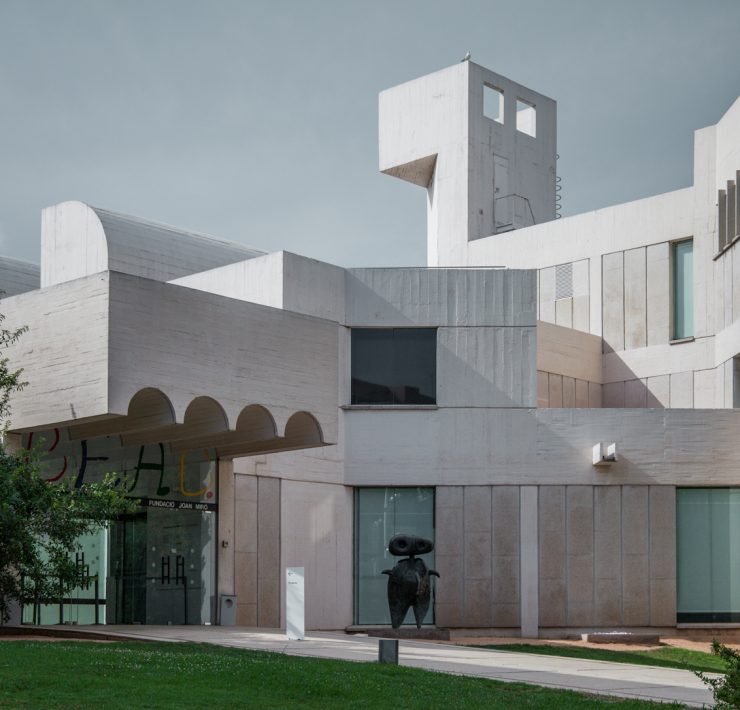“We have to repair the fragmentation between Barcelona and the Metropolitan Area”, by Adina Levin.

Adina Levin, 34 years old, married and based in Barcelona since 2018. Born in Chicago, she lived more than ten years in Manhattan. She is a communications specialist, focused on cities, culture, media and technology, and co-directs the project “Who By Tech? Anti-Semitism in the Age of Artificial Intelligence” project. She graduated from Columbia University (NY) and holds a Master's degree in Territorial Studies and Planning from UAB, where she learned from experts such as Oriol Nel-lo, Carme Miralles and Maria Buhigas.
Why did you choose Barcelona?
I lead a very versatile life, but if there is one constant, it is that I need to live where there are lots of people... and there is nothing like the street life in Barcelona. When I traveled here as a teenager, I already noticed how other young people - but also families and older people - enjoyed walking and spending time together in the streets. You feel like not looking at your cell phone, which I did too often in New York, so 6 years ago I made the leap here and I don't regret it at all.
What are the city’s strengths?
The city is saturated with advantages. Therefore it is still in demand among tourists and expats. Not everyone is lucky enough to be born between sea and mountains, surrounded by famous architecture, where you can get around more and more easily on foot instead of by car. But there are not so many places left for those who were, and the definition of “local” is also getting more complicated.
Which aspects of the city need to be improved? How?
The result of so much migration, touristification and gentrification (and in only 30 years!) is that the city is increasingly fragmented... and bursting at the seams, as we have seen these weeks with the protests against tourism. That social fabric of street life is at risk. Although I understand the frustration of the fact that Barcelona has become “Guiriland”, we have to recognize that we are all “guiris” in a certain way when we go abroad. We have to find a balance between everyone and avoid xenophobia.
What do you expect from Barcelona in the coming years?
We have to repair this fragmentation, especially at an administrative level. With so much demand, we need more supply. Since we don't build upwards with skyscrapers here, we have to grow in surface area. 125 years ago, Ciutat Vella, Gracia, Sants, etc. were joined together to build the current municipality of Barcelona. We have to do it on a metropolitan level, more emphatically than the current CON, the PEMB etc. Only then will we be able to build affordable housing and achieve the sustainable mobility we all deserve.
Which city do you consider to be your home city? What do you miss most?
Since October 7, 2023, I see a surprisingly unpleasant side of the city. As much as Barcelona says it is committed to diversity and historical memory, I did not expect, like other Jewish people, that so many locals are unaware of the long legacy of anti-Semitism - even right here, since 1391 - and the complexity of the current moment we live in. I want to see more educational initiatives, such as the recent fantastic exhibition “El Mirall Perdut” at MNAC, which I wish it were permanent.








